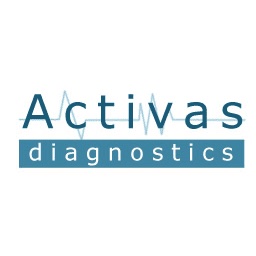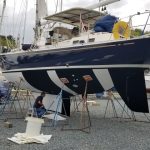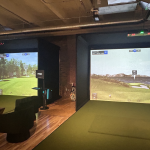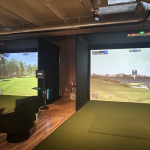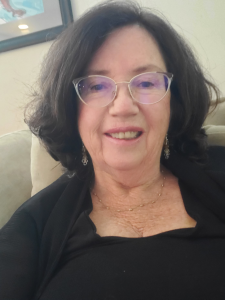
Co-Founder/CEO/CSO
Activas Diagnostics
What is Activas Diagnostics, and what services do you offer to researchers and scientists?
Activas Diagnostics, LLC is an NIH-sponsored startup that is the translation of 30 years of research on arousability and sleep disorders, and their effects on brain function and cognition. We have overnight device and algorithm solutions to quality home sleep monitoring for clinical applications such as early diagnosis of Alzheimer’s disease, detection of concussion, and other neurological diseases. AI methods are applied to distinguish normotypical sleep from sleep that has features of sleep deprivation and cognitive problems.
What have been Activas Diagnostics’ biggest challenges since starting the company, and how did you overcome them?
It has been challenging to conduct the clinical trial for Activas product, SleepMove, an under the sheets mattress overlay for monitoring and detection of abnormal sleep arousal and respiratory features. Our product business plan is to provide a clinical support tool for sleep disorder detection for use in the home bed. The SleepMove system and overnight data are mailed by courier back and forth to our home lab at UpStart Incubator Center in Orono, ME.
Maine is a challenging environment in which to do NIH research. Our company has had to pivot around barriers. For example, Pre-Pandemic: long distances to recruit and test aging patients in their homes; networking with many regional and state-wide aging systems to identify and recruit patients with Mild Cognitive Impairment diagnoses and aging persons without cognitive issues for home sleep testing; the issue of poor academic medical school environments here in Maine, with the exception of University of New England, with whom we do collaborate. Other challenges are publishing data that has potential commercial value in top journals to defend the scientific premise of our invention/s. Also, there is skepticism about reporting the scientific findings when the scientists own the company in part with the University of Maine. Finally, negotiating the Valley of Death as we complete the NIH award and transition to other funding support.
You recently secured $1 million in funding from the National Institute of Health. What are you planning on using the funding for, and how will this assist in the growth of Activas Diagnostics?
We have completed the 2018-2020 award and supplement to grow as described above. We have recruited more than 170 patients and participants between 60-95 years of age, and have excellent data on approximately 100 cases studied for more than one month in the home. Besides testing on our sleep device system and algorithms, we also measure the competing home sleep product, Actiwatch2, simultaneously to evaluate our competitive advantage. Aging participants were interviewed for health and demographic information, and tested with a cutting-edge suite of neurocognitive tests that indicate the type of cognitive issues independently living, aging adults may encounter, with the most common finding being memory loss that is greater than expected for age. Our AI can identify relative risk based on the respiratory and arousal features of sleep. These results have been submitted to two top journals: one in Geriatrics and a second in Bioengineering journals. Next, the company will resubmit to the FDA to determine whether additional testing is needed (which is being planned) for a more diverse patient population. In addition, we are confident that our neuroscience and engineering technology is innovative and has value for addressing sleep disorders in neurological disease with home recordings that are cost-effective, easily interpreted (with risk scores and a provider’s report form), and can be repeated periodically to assess progression or improvement in sleep quality. We also have new scientific information regarding a mechanism that could in theory contribute to neurophysiological decline during sleep if not addressed.
What resources, partners, and companies have been helpful to Activas Diagnostics as it has continued to grow?
NIH support and encouragement over several years, including invitations to speak at the National Institute on Aging Neurotechnology Workshop in 2020, and being mentored and featured on their webpage: University of Maine Innovation team led by VP Jake Ward,
What are your plans for growth within the next few years?
This is a long story. We are pivoting from governmental funding, with some grant efforts still ongoing, to fundraising in the commercial sector, and using a consumer version of our device built originally for our FDA biomedical device application to detect early Alzheimer’s disease in the primary care setting.
I will expand on this theme in our powerpoint in which a 3-5 year plan is presented. I would be glad to go over that in our next zoom meeting.
By submitting this form, you are consenting to receive marketing emails from: . You can revoke your consent to receive emails at any time by using the SafeUnsubscribe® link, found at the bottom of every email. Emails are serviced by Constant Contact
Last modified: August 15, 2022

